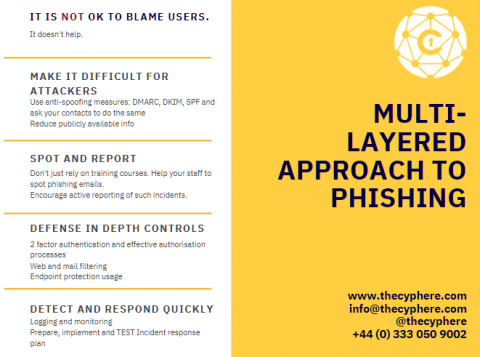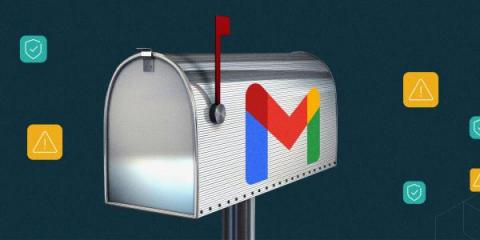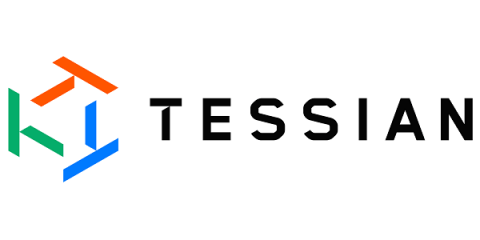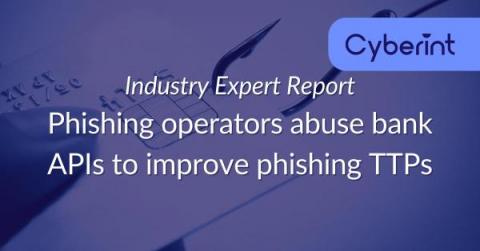Laptop running slow? You might have been cryptojacked.
It’s always frustrating when your laptop starts to slow down. The more you click, the more it seems to stutter and have a good think about everything you ask it to do. Joining video calls and even opening documents becomes a chore. Normally, this is a sign to free up some storage space or request a new device/component from the IT department. However, an unusually slow laptop can also be the sign of something more sinister – cryptojacking.









